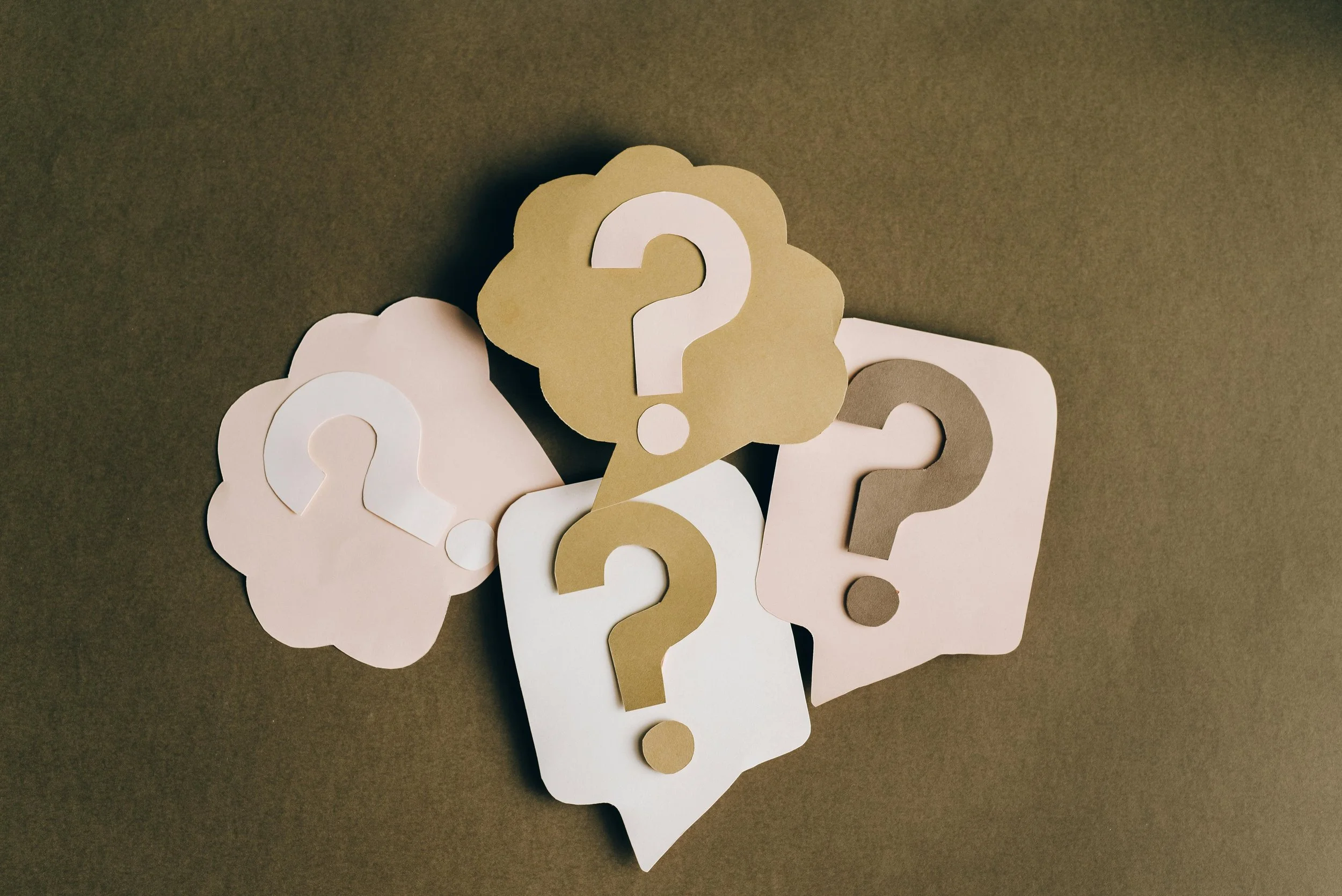Nerdy notes...
Everyone Says They Do “Implicit.”
There are vendors who genuinely specialize in implicit, association-based research, but not all vendors who say they “do implicit” are doing the same thing, or even doing it themselves. In practice, many full-service research firms design the study and quietly outsource the implicit component to a specialized provider. That model can work very well, when everyone is transparent. The risk isn’t outsourcing. The risk is opacity.
A Nerdoscientist’s Year-End Guide to Conferences That Actually Matter
Now in thinking about the upcoming list of conferences I think that rather than asking “What’s the best conference?”, I think the better question is:
“What kind of thinking do I want to be exposed to right now?”
What It Means To Be a “Research Doula”
When I left corporate life and started Nerdoscientist just over a year and a half ago, I didn’t have a perfect business model, a 10-step plan, or a clever tagline. What I did have was 20 years of experience doing this strange but wonderful job at the intersection of neuroscience, psychology, sensory science, and consumer research, and a strong desire to keep doing the parts that actually mattered.
Memorability in Consumer Sensory Experiences
For brands, product developers, and researchers, this phenomenon of memorability isn’t just a literary curiosity. It’s a measurable, actionable property of consumer experience that can determine loyalty, preference, and habit. Why do some flavors or scents linger in memory while others disappear? And more importantly: how can we study and design for memorability?
Pangborn 2025: Sensory Science in Full Spectrum
I was super excited for this meeting since it’s sorta in my backyard (I live in the Philly suburbs). But also because I got to be part of the organizing committee.
Why We Always Have Room for Dessert: A Nerdoscientist’s Take on ISN
I walked into ISN nervous, unsure how I’d fit among such an extraordinary roster. I walked out feeling energized, inspired, and grateful to have contributed.
Two days of rich, cross-disciplinary science reminded me that understanding food, flavor, and behavior requires more than treating people like machines. We need to embrace the quirks, the biases, and yes, even the cookie stomachs, that make us human.
Starting with the Question: Sometimes it’s QUALity over QUANTity (a semi Journal Club post)
As a PhD neuroscientist, I spend a lot of time talking about data—implicit scores, EEG signals, physiological readouts, statistical significance. But before any of that, I often find myself recommending something far less flashy: good old qualitative research.
Why? Because the hardest part of a study isn't usually the measurement. It’s figuring out what to measure—and why.
Committing: How to Study Compliance in the Consumer Experience
In this post, we take a more methodical look at how to study consumer experience with beauty devices. Not just satisfaction, but emotional engagement, habit formation, and long-term adherence. Here’s how behavioral neuroscience can guide more meaningful evaluation and insight generation in this fast-growing space.
Nerdo-Journal Club: Decoding the Role of Multisensory Sequence Order in Memory Recognition
In their 2025 study published in Nature - Scientific Reports, Maack, Ostrowski, & Rose explore how the human brain encodes and retrieves the sequence order of multisensory information. Specifically, how the order of auditory and visual stimuli affects memory recognition.
It’s Complicated: Embracing the Beautiful Mess of Human Data
When companies bring me in to review or teach neuro-based research methods, I can usually predict where the conversation will go. We’ll talk about EEG. GSR. Maybe eye tracking. Often the Implicit Association Test (IAT). There’s usually excitement about the potential of these tools. And rightly so, they can provide valuable insights when used well.
But there's one message I find myself repeating in every session, like a drum I can’t stop beating: humans are complicated.
From Fraud to Foresight: a Double-Edged Sword of Synthetic Data in Market Research
At this year’s AChemS meeting, I gave a talk on AI in sensory research. One of the demonstrations I gave was intentionally provocative: I asked ChatGPT to simulate a consumer research study using MaxDiff and Implicit Association Testing (IAT) to explore the perception of "freshness" in home fragrance products.
Let me be clear: the goal was not to fake data but to stress-test a study design. By simulating how people might respond, I wanted to explore gaps, assumptions, and how well our methods differentiated between products. Consider it a pilot study by proxy.
So You Want to Learn Neuroscience? Start Here—But Also, Let’s Talk.
I've been asked by at least five different people this week for book recommendations to learn neuroscience, especially from those working in marketing, UX, product development, and consumer research. And I totally get it, the brain IS fascinating. The idea of tapping into real reactions, getting “under the hood” of decision-making, “reading minds”, and predicting behavior is understandably appealing.
Nerdy Thoughts on the Problem of Implicit Association Tests in Consumer Research
Implicit methods hold immense potential for consumer research, but only when applied thoughtfully. As the field continues to evolve, we must push back against oversimplified approaches and prioritize rigor in experimental design and data analysis. Let’s ensure implicit testing serves as a tool for uncovering genuine insights—not just a buzzword for selling research services.
Social Proof: Why We’re All About Following the Crowd
We dive into how social proof—people’s natural tendency to follow the crowd—has taken center stage in today’s digital world. From viral TikTok reviews to influencer-approved skincare, learn why authentic user-generated content now outshines traditional ads, and discover how product developers can tap into memetic trends to build trust and grow their brands.
The Danger of Reverse Inference in Neuroscience and Consumer Research
When neuroscience intersects with consumer research, it promises an enticing frontier: uncovering what truly drives human behavior, often at a subconscious level. Yet as appealing as it sounds, this approach can run into a significant methodological pitfall—reverse inference.
















